Description
Liquid soda” typically refers to carbonated soft drinks or soda pop that are in liquid form when they are consumed. These beverages are characterized by their carbonation, sweet flavor, and often a wide variety of available flavors. Here are some key points about liquid soda:
- Carbonation: One of the defining features of liquid soda is carbonation, which is the presence of carbon dioxide gas dissolved in the liquid. This gives the soda its characteristic fizz and effervescence when opened or poured.
- Flavors: Liquid soda comes in a multitude of flavors, with cola (often referred to as “cola soda”) and lemon-lime being among the most popular. Other common flavors include root beer, orange, cherry, grape, and various fruit flavors.
- Sweeteners: Soda is typically sweetened to enhance its flavor and make it more palatable. The sweeteners used can vary, with high fructose corn syrup and sucrose (table sugar) being common choices. Some sodas are also available in diet or sugar-free versions that use artificial sweeteners like aspartame or sucralose.
- Caffeine: Many sodas, especially cola drinks, contain caffeine, which is a stimulant that can provide a feeling of alertness and increased energy. The caffeine content can vary among different brands and flavors.
- Packaging: Soda is commonly sold in a variety of packaging formats, including bottles (glass and plastic), cans, and fountain dispensers at restaurants and convenience stores.
- Carbonated Water: The carbonation in soda is typically achieved by dissolving carbon dioxide gas under pressure into water. This carbonated water is often referred to as “soda water” or “carbonated water.”
- Mixers: Soda is frequently used as a mixer in alcoholic beverages, such as rum and cola, vodka and tonic, or whiskey and ginger ale. These combinations are often referred to as “mixed drinks.”
- Global Popularity: Soda is consumed around the world and is known by different names in various regions. In some places, it’s called “soda,” while in others, it’s known as “pop,” “soda pop,” “soft drinks,” or simply by specific brand names like “Coke” or “Pepsi.”
- Health Considerations: While soda can be a refreshing and enjoyable beverage, it is often criticized for its high sugar content and potential health implications. Excessive consumption of sugary soda is associated with an increased risk of obesity, type 2 diabetes, dental cavities, and other health issues.
- Alternatives: Due to concerns about sugar and artificial additives, there has been a growing demand for healthier alternatives to traditional sodas, including natural fruit juices, sparkling water with natural flavors, and beverages sweetened with natural sweeteners like stevia.
It’s important to consume soda in moderation, especially if it contains high levels of sugar or caffeine, as excessive consumption can have adverse health effects. Many people enjoy soda as an occasional treat, but it’s advisable to make informed choices about beverage consumption for overall health and well-being.

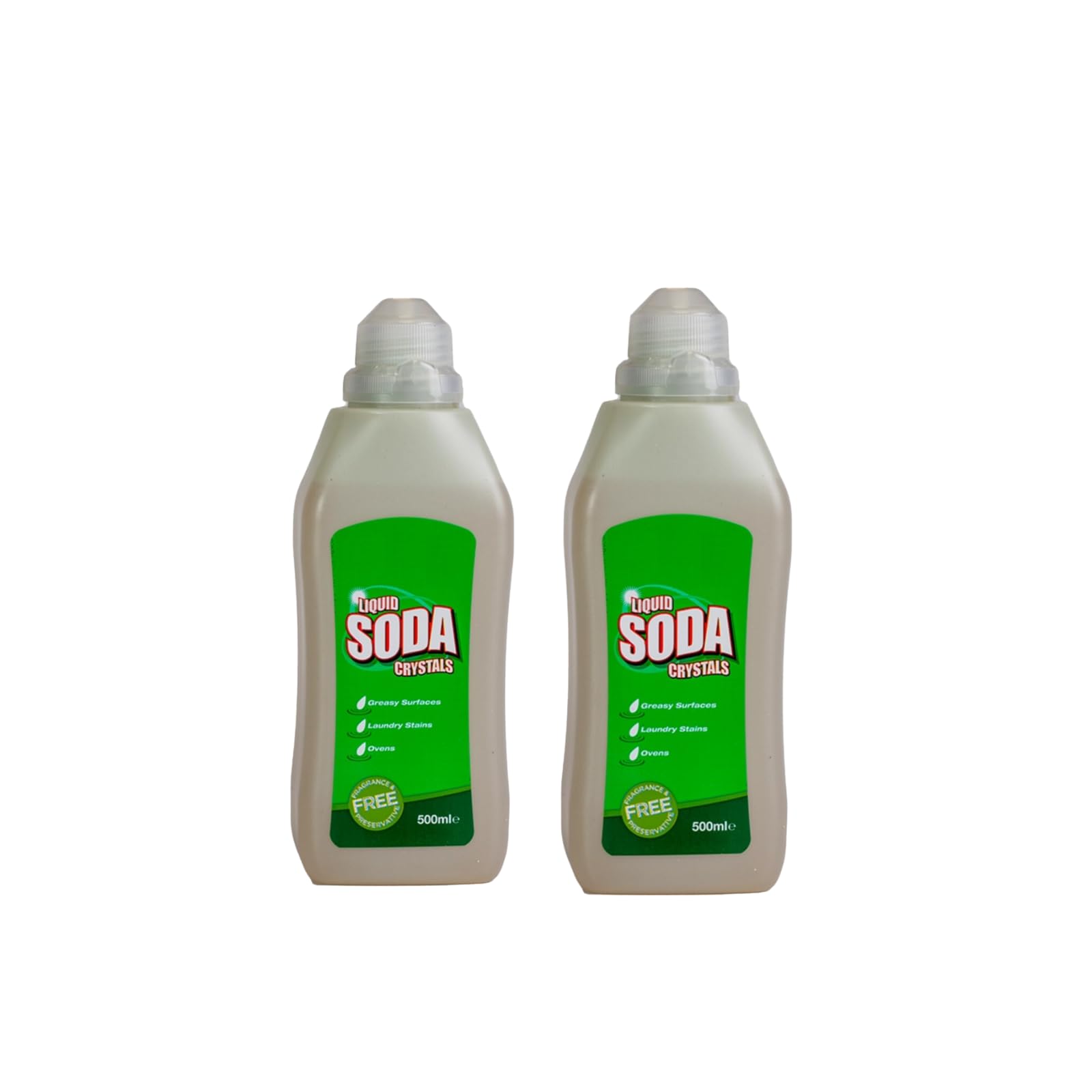
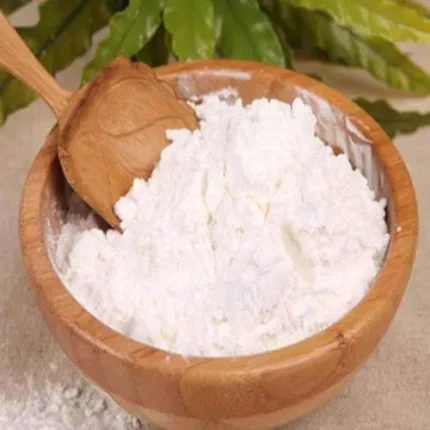

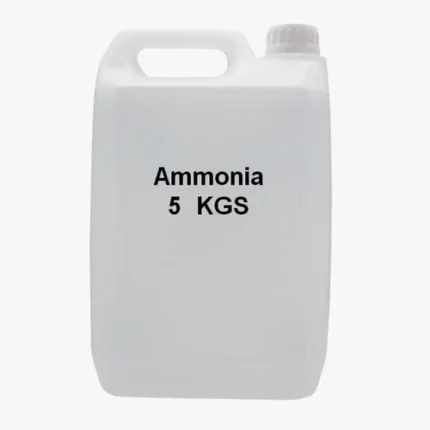
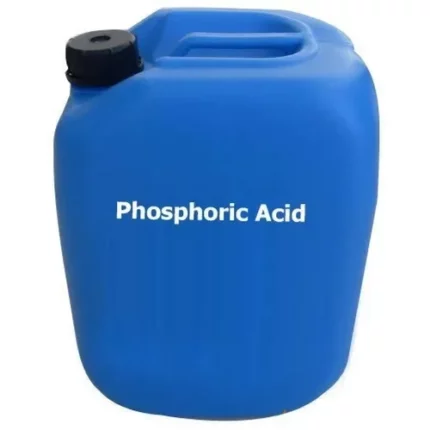
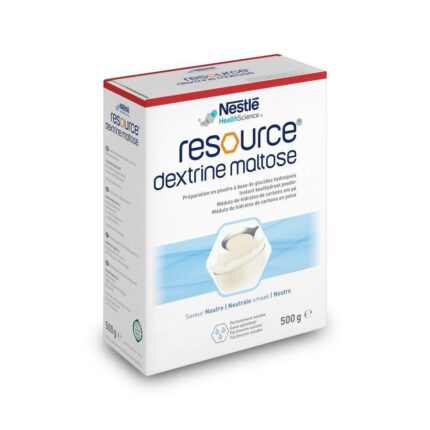
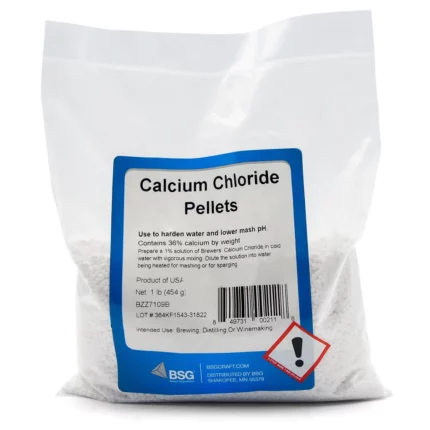
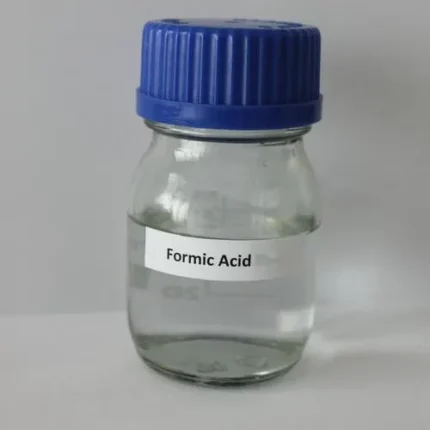
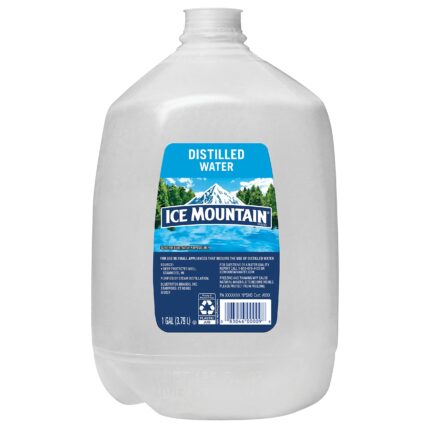
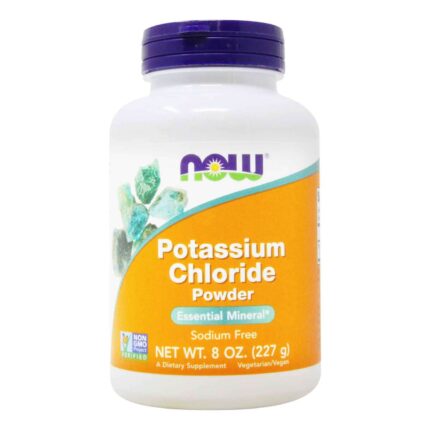
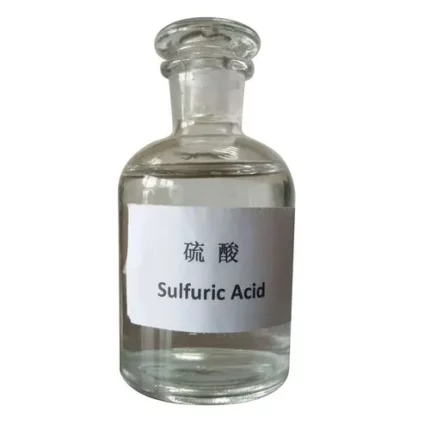
Reviews
There are no reviews yet.